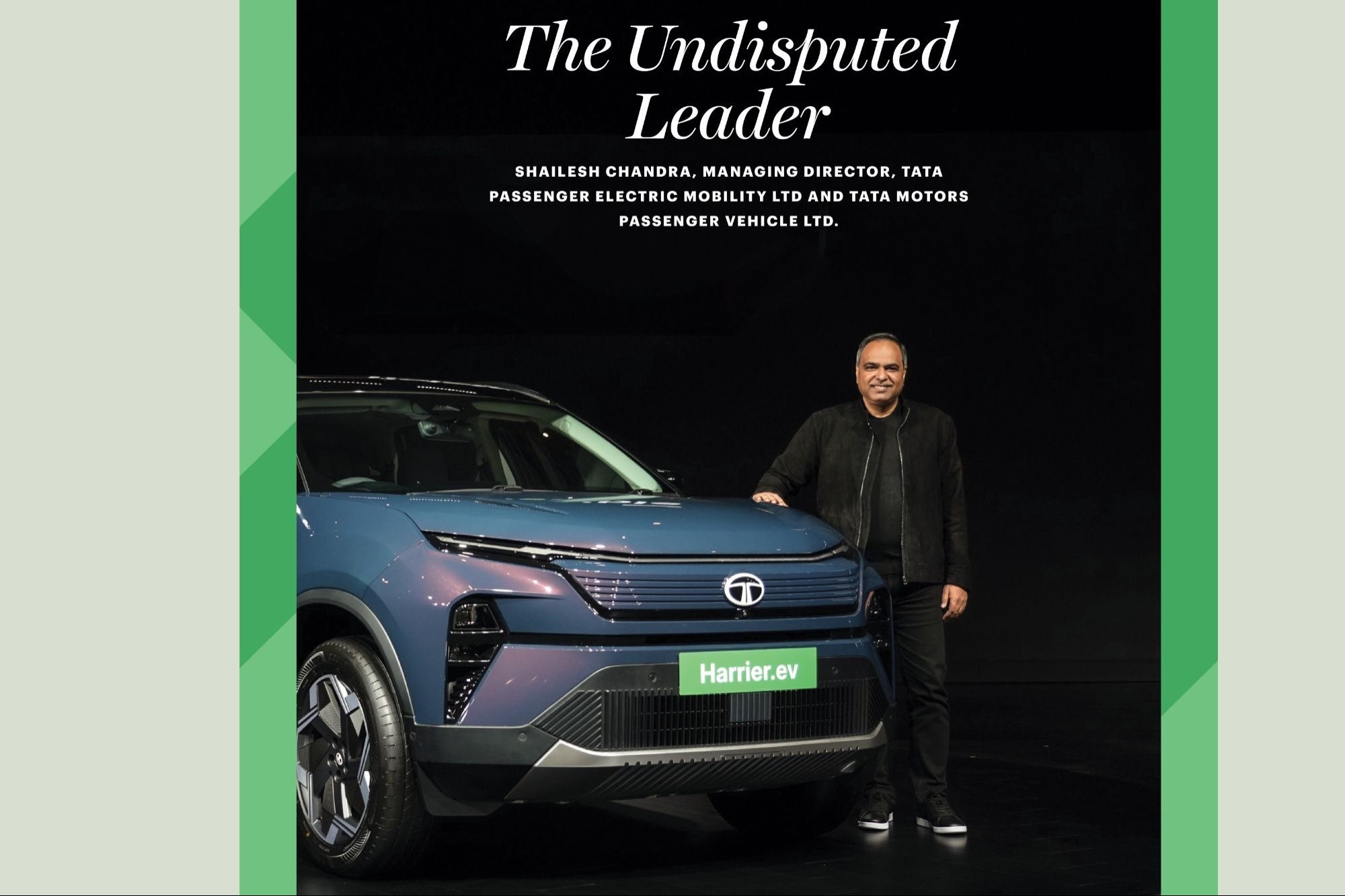Tata Motors: The Undisputed Leader Of EV EVs accounted for 15 per cent of the company's passenger vehicle sales in the last financial year and Tata Motors now aims to reach 30 per cent EV penetration before 2030
Opinions expressed by BIZ Experiences contributors are their own.
You're reading BIZ Experiences India, an international franchise of BIZ Experiences Media.

The auto industry, although plagued by macroeconomic headwinds, is striving hard to stand tall. The sales figures reflect intensifying competition in India's automotive market, particularly in the electric vehicle (EV) segment. Tata Motors has historically dominated with the largest market share in EVS. Even though its share has declined significantly from 70 percent in FY2024 to 53 percent in FY2024-25, it is still the undisputed leader in the category.
"There are multiple reasons why mainstream buyers are still not coming forward to buy an electric vehicle (EV). Some customers are attached to certain brands, some are worried about the low charging infrastructure and others are concerned about the resale value of an EV. All these factors cumulatively lead to low penetration. Besides, a lot of electric vehicle buyers are people who are buying this as a second, third car in the family. We are hoping our new launches this year will unleash the full potential and make customers cross the hump on the concerns," Shailesh Chandra, MD, Tata Motors Passenger Vehicles Limited told BIZ Experiences India in a previous interview.
To consolidate its position further in the EV market, Tata Motors launched the Harrier.ev, recently. Launching the EV, the MD, said, "From defining the SUV segment in the 1990s with iconic nameplates to democratizing it by boldly entering new whitespaces in the 2020s, our journey has always been driven by innovation and leadership. With the launch of Harrier.ev, we are not just introducing a new electric SUV or challenging convention—we are rewriting the rules of what's possible."
Tata Motors has several upcoming EV launches, including the Sierra EV, Safari EV, and Altroz EV and Tata Avinya Sub-Brand.
Looking ahead, FY26 is not about incremental gains — it's about a quantum leap, the MD emphasized. EVs accounted for 15 per cent of the company's passenger vehicle sales in the last financial year and Tata Motors now aims to reach 30 per cent EV penetration before 2030.













